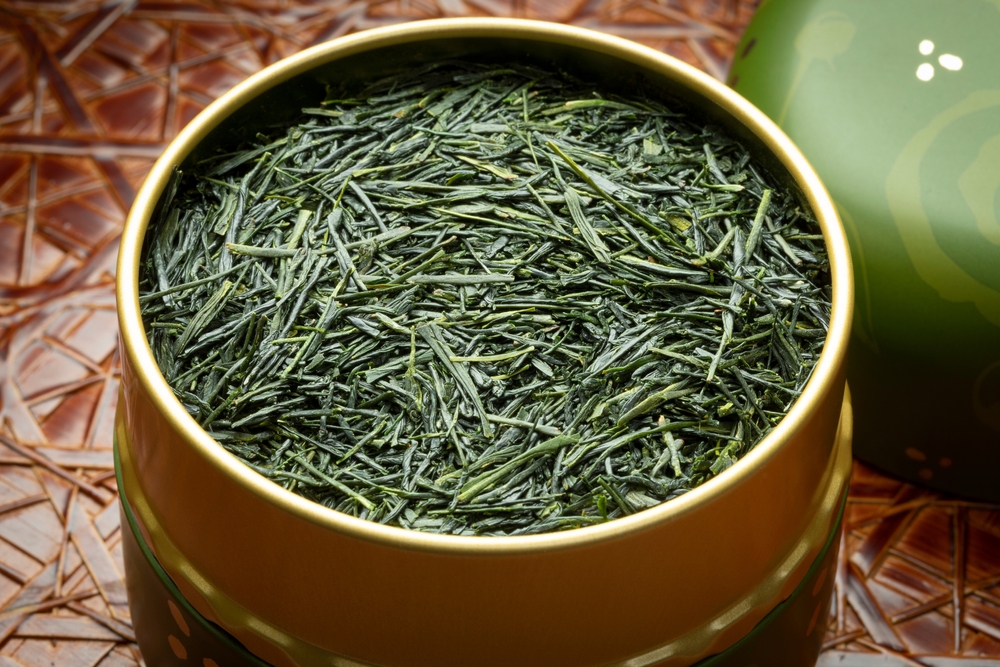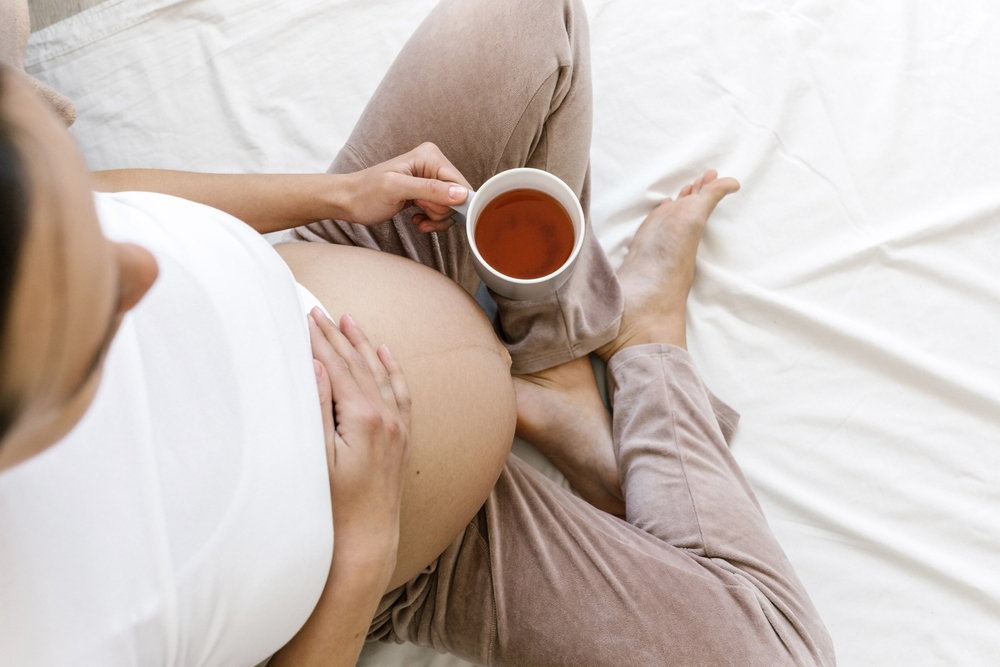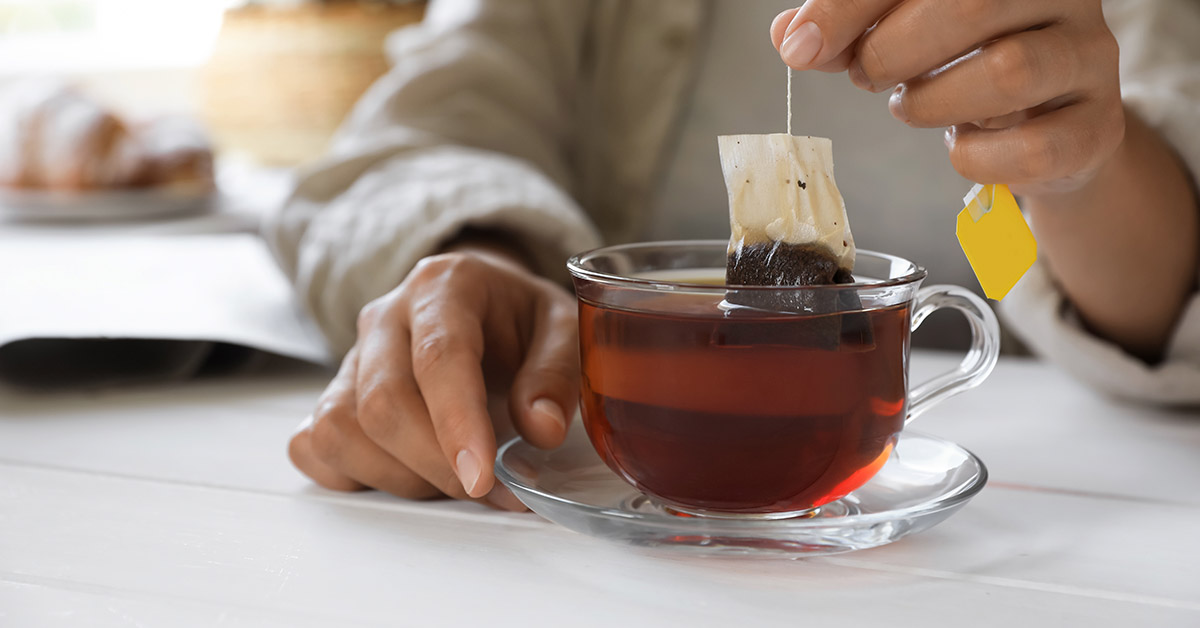Pregnancy is a time of careful consideration of everything that goes into your body, including beverages like tea. While tea is generally considered a healthy beverage, not all types of tea are safe for consumption during pregnancy. It’s crucial for expectant mothers to be knowledgeable about the potential risks associated with certain teas. Let’s dive into the types of teas to avoid during pregnancy and the importance of mindful tea consumption, especially regarding caffeine and quality to avoid contamination with unwanted substances.
Teas and Caffeine During Pregnancy

Tea, made from the Camellia sinensis plant, encompasses various types, including black, green, white, matcha, and chai teas. All of these contain caffeine. Caffeine is a natural stimulant that should be limited during pregnancy. Studies have shown that caffeine can easily pass through the placenta, and fetuses have an immature liver that struggles to process it. Excessive caffeine consumption during pregnancy has been linked to a higher risk of preterm birth, low birth weight, birth defects, or even miscarriage. It is generally recommended for pregnant women to limit their daily caffeine intake to a maximum of 300 mg. Additionally, certain individuals might be more sensitive to the effects of caffeine and may need to further limit their intake. (1)
Read More: Kyrstyn Johnson: An Open Letter to Parents About Infant and Pregnancy Loss
Importance of Quality Tea and Contamination

Another essential aspect to consider during pregnancy is the quality of the tea being consumed. It’s crucial to buy tea from reputable sources to avoid potential contamination. This is particularly important as some studies have found that teas, including common types such as black, green, white, and oolong teas, could be contaminated with undesirable compounds like heavy metals. Harmful contaminants like lead and aluminum found in teas can pose serious risks to the health of the mother and the developing fetus. Furthermore, herbal teas made from dried fruits, flowers, spices, or herbs may contain other compounds considered unsafe during pregnancy, making quality control and sourcing paramount for expectant mothers. (2)
Potentially Harmful Teas

Certain herbal teas have been identified as potentially harmful during pregnancy due to the compounds they contain. Teas containing the following ingredients (in large amounts) have been associated with an increased risk of miscarriage or preterm labor. (3) :
- Fennel
- Fenugreek
- Sage
- Vervain
- Borage
- Pennyroyal
- Licorice
- Thyme
- Motherwort
- Lovage
- blue cohosh
- black cohosh
- chamomile
Additionally, teas like eucalyptus, frankincense, and chamomile have been linked to adverse side effects, such as nausea, vomiting, diarrhea, and poor blood flow through a baby’s heart. (4)
Raspberry leaf, ginger, lemon balm, and peppermint teas have been considered potentially safe for consumption during pregnancy, but there is some controversy regarding their safety. This is particularly in the first trimester, as raspberry leaf may promote uterine contractions and peppermint may stimulate menstrual flow. (5)
Read More: The Dangerous Pregnancy Condition More Women Should Know About
Safe Tea Consumption During Pregnancy

Despite the potential risks associated with certain teas, there are still tea options that are considered safe for consumption during pregnancy. Based on existing research, raspberry leaf, ginger, lemon balm, and peppermint teas are the ones deemed potentially safe. However, it’s advisable to exercise caution, particularly with raspberry leaf and peppermint teas during the first trimester of pregnancy.
The Bottom Line

It’s essential for expectant mothers to be vigilant with their tea consumption during pregnancy. Not all teas are safe for consumption, and it’s crucial to prioritize the well-being of both the mother and the developing baby. By carefully limiting caffeine intake, sourcing quality tea, and avoiding potentially harmful herbal teas, pregnant women can continue to enjoy the pleasures of tea while minimizing potential risks to their pregnancy. Always consult with a healthcare professional to ensure safe and informed decisions regarding tea consumption during pregnancy.
Read More: Things to Know If You’re Pregnant After 40
Sources
- “Maternal Caffeine Consumption during Pregnancy and Risk of Low Birth Weight: A Dose-Response Meta-Analysis of Observational Studies.” NCBI. Jongeun Rhee, et al. 2015.
- “A Balanced Risk–Benefit Analysis to Determine Human Risks Associated with Pyrrolizidine Alkaloids (PA)—The Case of Tea and Herbal Infusions.” NCBI. Michael Habs, et al. July 2017.
- “Safety classification of herbal medicines used in pregnancy in a multinational study.” NCBI. D. A. Kennedy, et al. 2016.
- “Safety classification of herbal medicines used among pregnant women in Asian countries: a systematic review.” NCBI. Mansoor Ahmed, et al. 2017.
- “Herbal Medicinal Product Use During Pregnancy and the Postnatal Period.” NCBI. Yolanda Muñoz Balbontín, MD, MSc., et al. May 2019.

